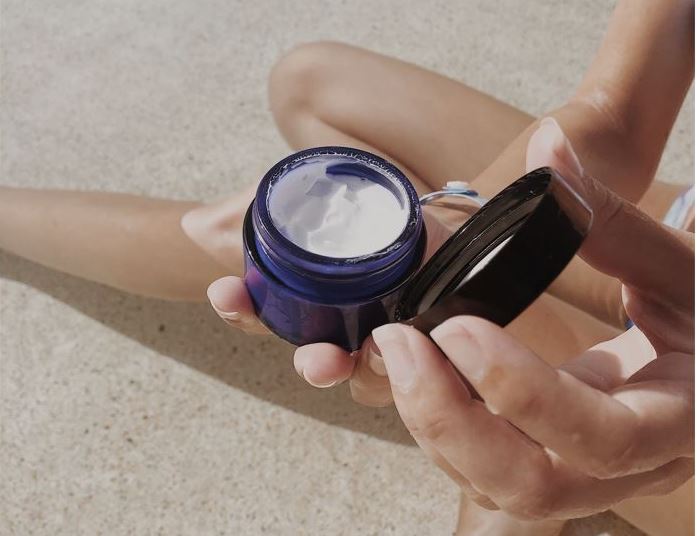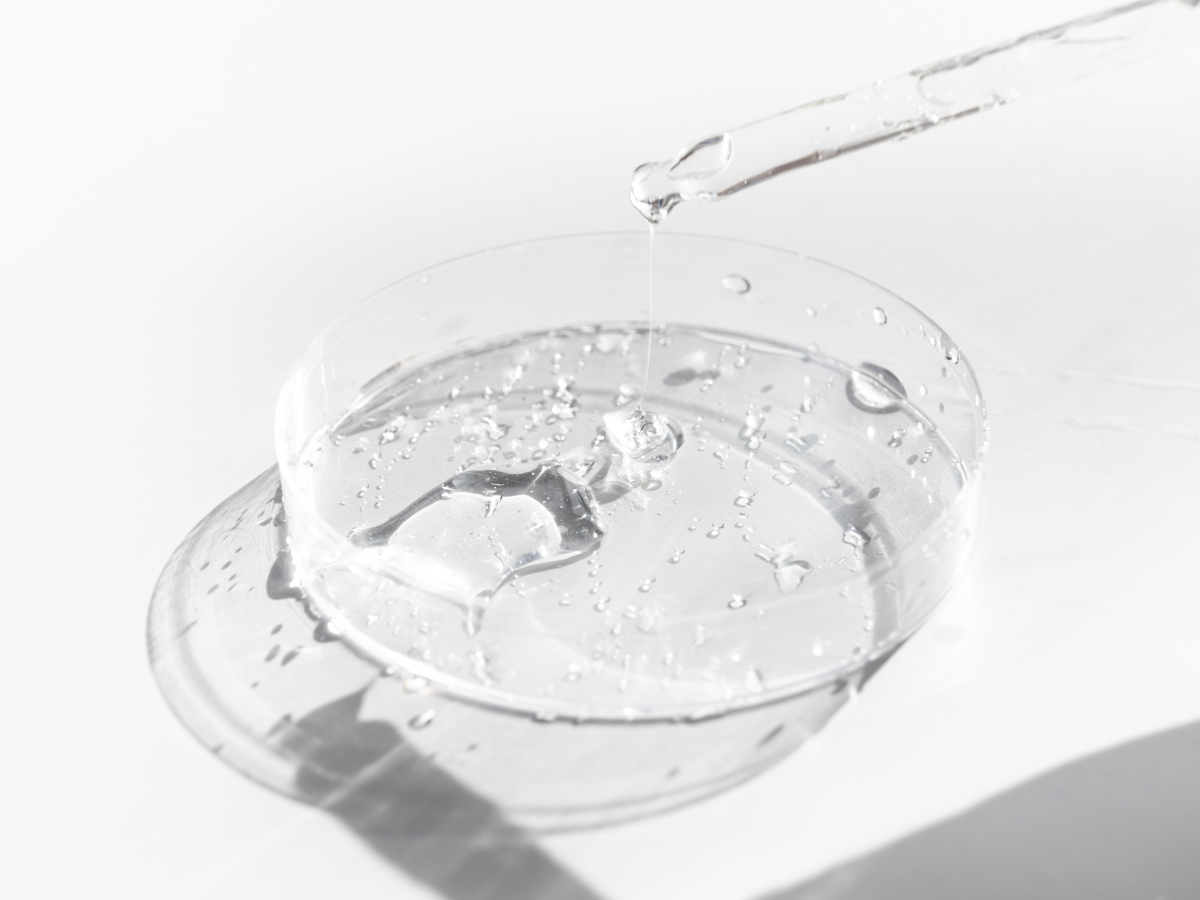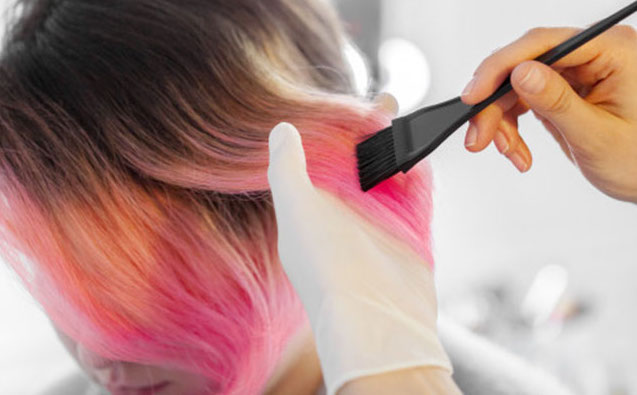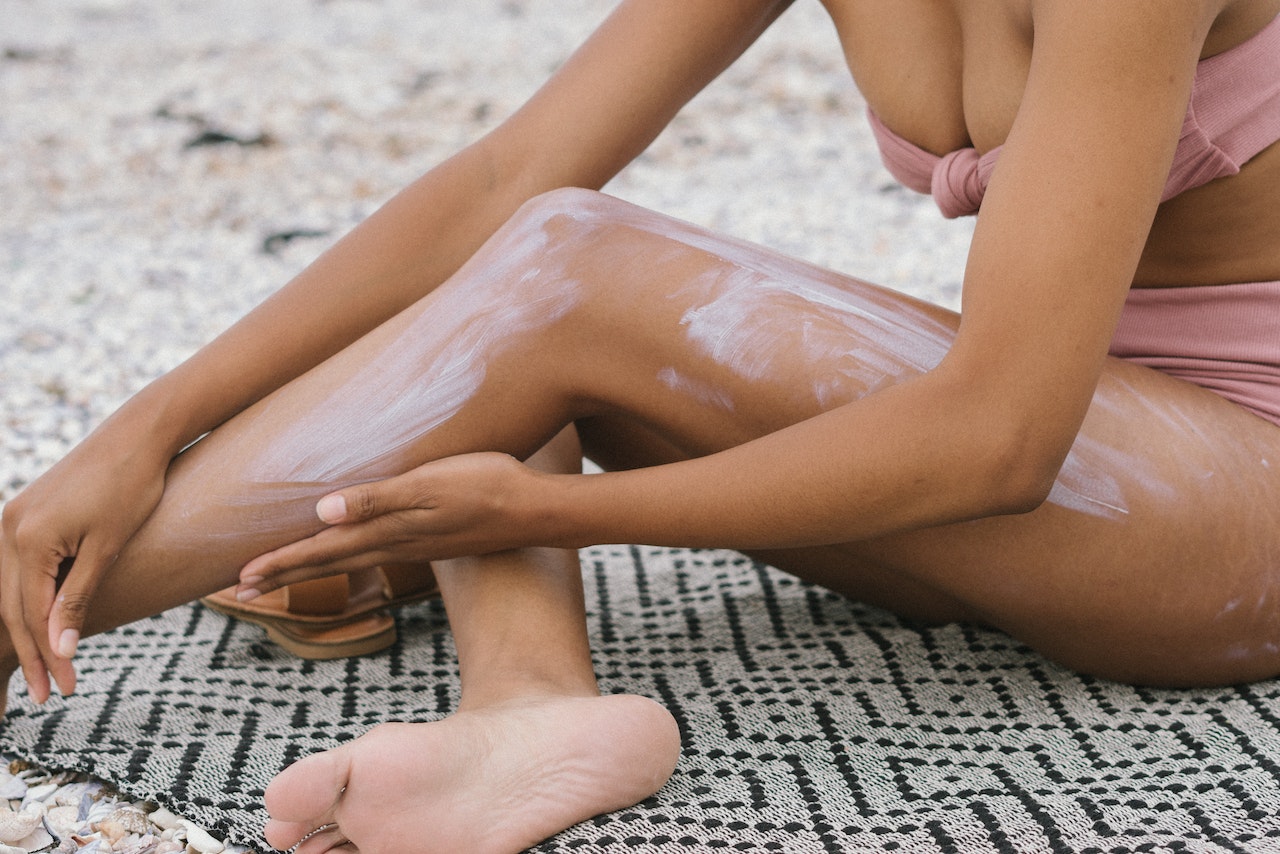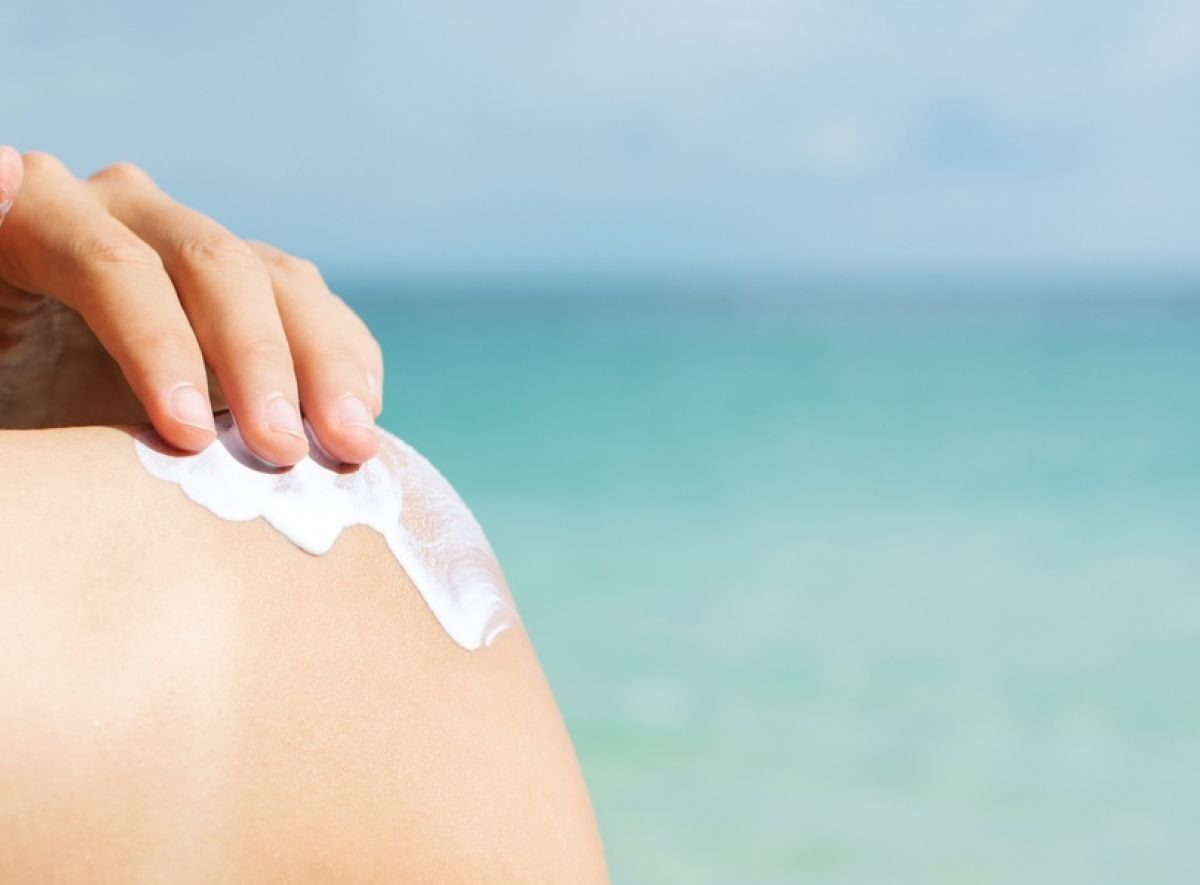ALPHA-ARBUTIN AND BETA-ARBUTIN
Alpha-arbutin and Beta-arbutin (optical isomer) are similar cosmetic ingredients. In cosmetics and personal care products, these ingredients can be used as antioxidants, bleaching and skin conditioning agents. Currently, neither Alpha-arbutin nor Beta-arbutin are regulated under the EU Regulation (EC) Nº 1223/2009 on cosmetic products.
In 2015, the European Commission’s Scientific Committee on Consumer Safety (SCCS) assessed the safety of Alpha-arbutin and Beta-arbutin and published two opinions. The SCCS concluded that the use of Alpha-arbutin up to a concentration of 2% in face creams and 0.5% in body lotions was safe for consumers. Beta-arbutin was considered safe for consumers when used up to a concentration of 7% in face creams and provided that the contamination of hydroquinone in the cosmetic formulations remained below 1 ppm.
The SCCS opinions did not evaluate the potential combined use of hydroquinone releasing substances in cosmetic products.
Discussions within the Working Group on Cosmetic Products raised concerns on hydroquinone content, its release and regarding the aggregate exposure from cosmetic products containing Alpha-arbutin and/or Beta-arbutin. Consequently, a call for data took place and interested parties were asked to provide relevant data/information related to the stability of these ingredients, their dermal absorption, the hydroquinone release rate (including biotransformation) and the aggregate exposure.
NEW SCCS PRELIMINARY OPINION
Last March, the SCCS released its preliminary opinion on the safety of Alpha-arbutin and Beta-arbutin in cosmetic products.
Based on the data provided and relevant information available in the scientific literature, the SCCS stated that it “cannot conclude on the safety of alpha-arbutin when used in face creams up to a maximum concentration of 2% and in body lotions up to a maximum concentration of 0.5%”.
Regarding the use of Beta-arbutin, no information was provided during the call for data and the information available in the scientific literature was insufficient to conclude on the safety of this ingredient.
The Committee considers that lacking data on degradation/metabolism of Alpha-arbutin and Beta-arbutin, exposed to the skin microbiome/enzymes and the release of hydroquinone and its final fate are essential for the safety assessment. Consequently, the SCCS could not recommend a safe concentration for Alpha-arbutin or Beta-arbutin.
The SCCS preliminary opinion is open for comments until 27 May 2022.
If you wish to get more information on the safety of cosmetic ingredients, feel free to contact us at info@criticalcatalyst.com.
References:
- Regulation (EC) No 1223/2009 of the European Parliament and of the Council of 30 November 2009 on cosmetic products.
- Scientific Committee on Consumer Safety (SCCS). Opinion on the safety of alpha-arbutin and beta-arbutin in cosmetic products. SCCS/1642/22. 2022.

